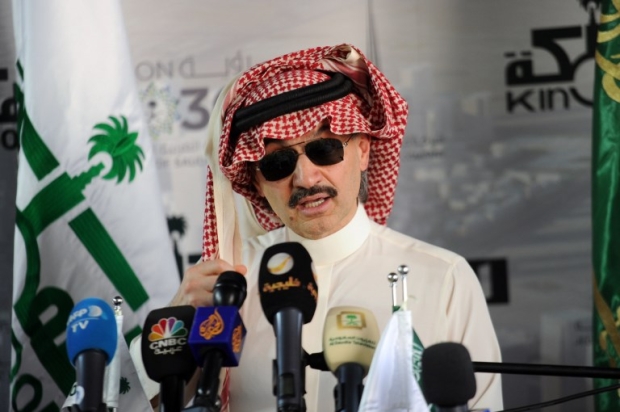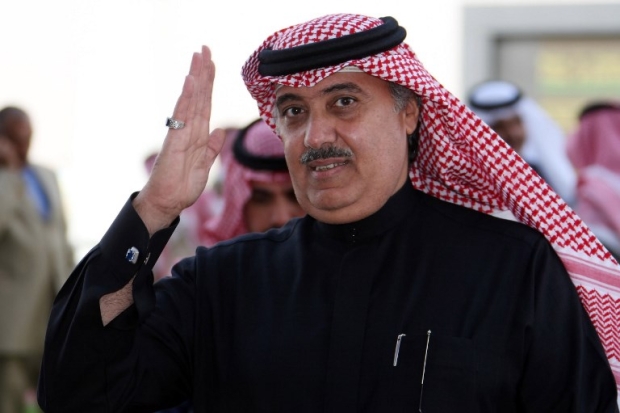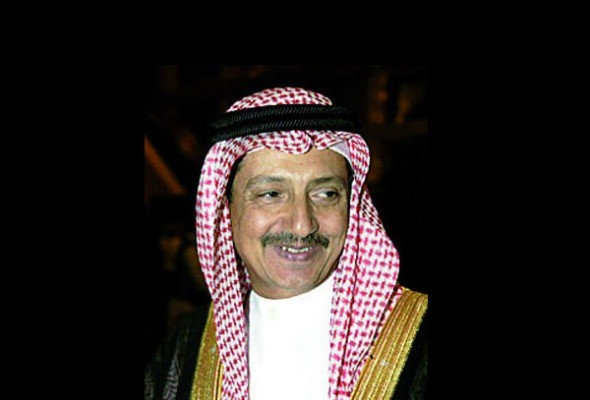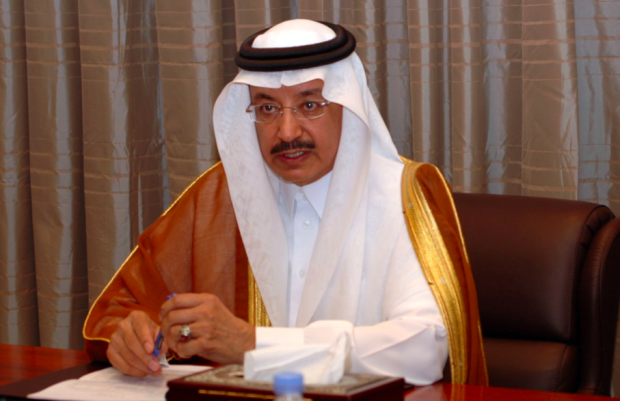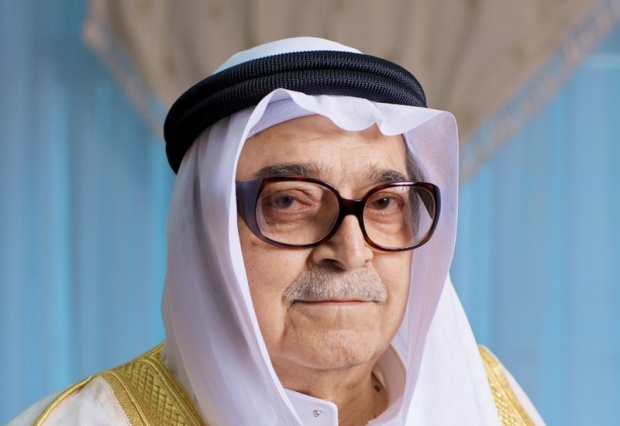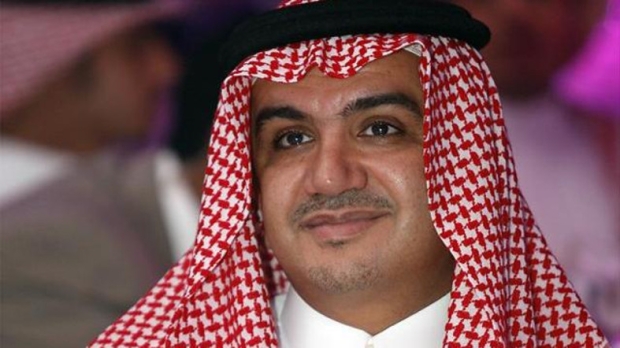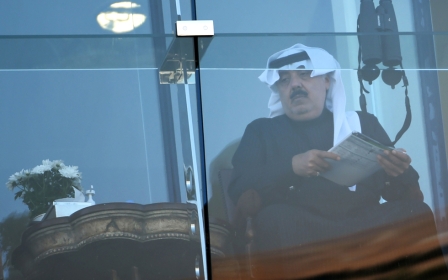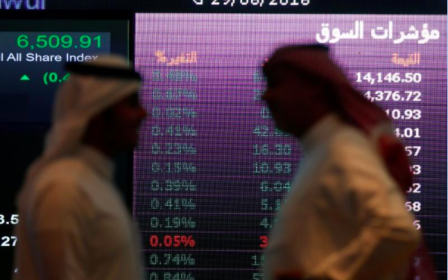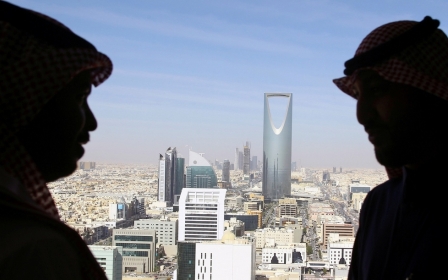Who did Saudi Arabia round up in the latest anti-corruption crackdown?
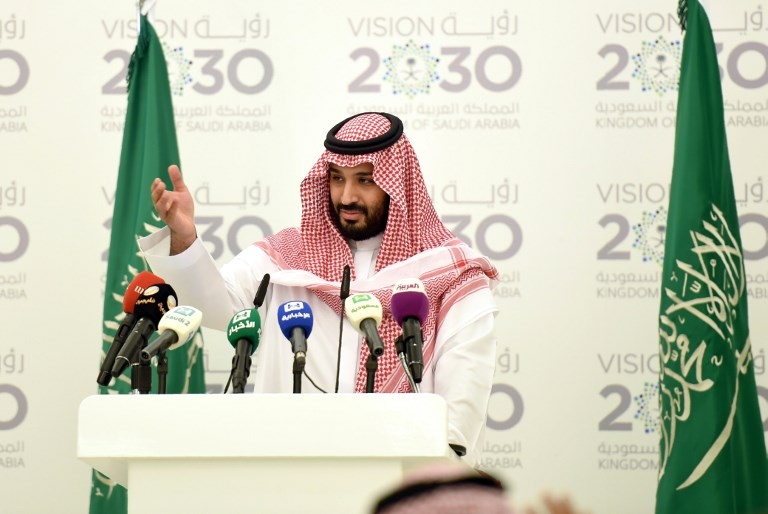
In the dead of night, Saudi forces surrounded the compounds of several prominent princes across the Gulf kingdom, in a move to clamp down on corruption.
Under the auspices of the newly formed anti-corruption committee, led by Crown Prince Mohammed bin Salman, prominent Saudi princes and businessmen are now being held in the lavish Ritz Carlton hotel in Riyadh.
Just last week the Ritz Carlton was host to some of the world's leading investors, as Salman attempted to tell the world his vision for a post-oil Saudi Arabia.
The individuals detained include 11 princes, four current ministers and tens of former ministers.
Among those held are Abdullah al-Sultan, who is commander of the Saudi Navy, and Khalid al-Mulheim, the former director general of Saudi Arabian airlines.
But who are some of the other individuals that have been rounded up in the latest alleged move against corruption in the Gulf Kingdom?
Prince Al-Waleed bin Talal
Known for his flamboyance and philanthropy, multi-billionaire Prince Alwaleed bin Talal is the grandson of Ibn Saud, the first Saudi king,
He is also the grandson of Riad al Solh, Lebanon's first prime minister.
According to Forbes, Talal is worth $18bn and chairman of the Kingdom Holding Corporation.
He owns sizeable shares in numerous companies, including Newscorp, Citigroup, 21st Century Fox and Twitter.
In 2015, Talal was criticised for offering to buy Bentley cars for Saudi pilots involved in the Saudi-led intervention in Yemen. He also took to Twitter to describe Donald Trump as a "disgrace" during the US presidential election.
Prince Miteb bin Abdullah
Born in 1953, Prince Miteb bin Abdullah headed the Saudi Arabian National Guard, an elite internal security force originally based on traditional tribal units run by his father for five decades.
Trained at Sandhurst military academy in Britain, he was the son of the late King Abdullah, and was once thought to be a leading contender for the throne.
He is also the last remaining member of the Shammar branch of the Saudi royal family to retain an important position.
Officially named as the National Guard's commander in 2010, his position was consolidated in 2013 when the National Guard was given its own ministry, where he was named minister.
Abdullah's business interests are thought to include ownership of the prestigious Hotel de Crillon in the centre of Paris, which French newspaper Le Figaro reported that he bought in 2010 for $354m.
Bakr bin Laden
Described in Der Spiegel magazine as being the "true ruler of Jeddah," Bakr bin Laden is the chairman of Saudi Bin Laden group, the largest construction company in Saudi Arabia.
Born in 1945 in Mecca, Saudi Arabia, bin Laden attended the University of Miami in Florida and is said to keep a low profile.
Even so, bin Laden is viewed as being a political heavyweight in Jeddah and major powerbroker inside the city.
He is also the older brother of Osama bin Laden and has been pivotal in the Saudi Bin Laden group's increased income.
Khalid al-Tuwaijri
Famously known as being the highest ranking non-prince in Saudi Arabia, Khalid al-Tuwaijri was chief of the royal court of Saudi Arabia under the late King Abdullah.
Born in 1960, Tuwaijri studied law in Saudi Arabia. He obtained a masters degree in political sciences in the United States another in Islamic criminal law in Saudi Arabia.
Tuwaijri created many enemies, earning him the nickname of octopus as he controlled who was and wasn't allowed to have an audience with King Abdullah.
He was also pivotal in helping formulate Saudi's foreign policy, from helping oust Egypt's first democratically elected president, Mohamed Morsi, to sending troops to support the Bahraini monarchy.
His fall from grace, however, came after King Salman ascended to the throne in 2015, whereupon he was sacked from his position.
Saleh Kamel
Worth more than $2bn according to Forbes magazine, Saleh Kamel is the chairman and founder of the Dallah al Barakah group, one of the Middle East's largest conglomerates.
He is viewed as being Saudi Arabia's leading businessman and served as chairman and on numerous boards of companies.
Kamel, however, is better known for helping pioneer Islamic finance, serving as chairman of Al-Baraka, which operates Islamic banks throughout the Middle East, as well as in Pakistan and Indonesia. He promoted Islamic banking to numerous world leaders, including German Chancellor Angela Merkel.
Kamel is also known for his philanthropic efforts, and his son most recently donated $10m to Yale University to establish an institute that focuses on Islamic law.
Alwaleed al-Ibrahim
Born and raised in Saudi Arabia with his eight brothers, Alwaleed al-Ibrahim is the CEO of the commercially successful Middle East Broadcasting Centre, otherwise known as MBC.
After launching MBC in 1991, which became the Arab world's first commercially successful channel, Ibrahim went on to found a series of other entertainment channels.
He later launched Al-Arabiya in 2003 with the stated goal of being an alternative to the Doha based Al Jazeera.
Despite known as being the owner of MBC, a leaked Wikileaks cable alleged that King Fahd's youngest son and his nephew, Abdulaziz bin Fahd, control Al-Arabiya's editorial line.
This article is available in French on Middle East Eye French edition.
Middle East Eye propose une couverture et une analyse indépendantes et incomparables du Moyen-Orient, de l’Afrique du Nord et d’autres régions du monde. Pour en savoir plus sur la reprise de ce contenu et les frais qui s’appliquent, veuillez remplir ce formulaire [en anglais]. Pour en savoir plus sur MEE, cliquez ici [en anglais].


